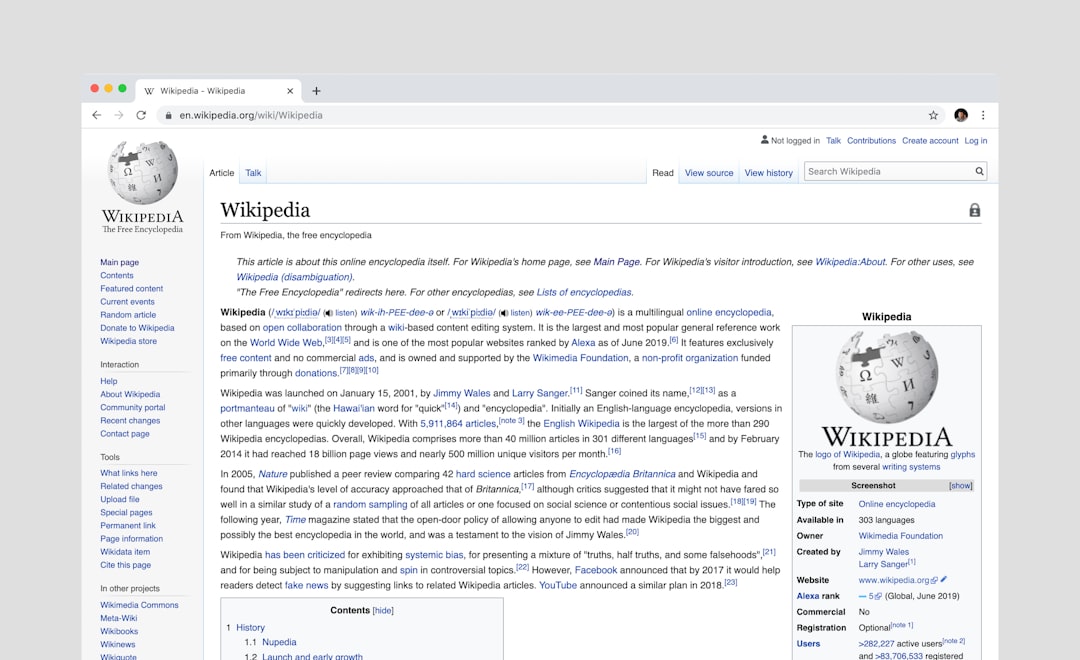Managing multiple WordPress websites in 2025 is a sophisticated endeavor, especially in a digital landscape where performance, security, and uptime are critical to success. Whether you’re a developer, agency, marketer, or entrepreneur, juggling numerous sites across various hosting environments can quickly become a logistical headache. Fortunately, thanks to the advancement of multi-host solutions and WordPress-focused management platforms, there’s an efficient way to handle this complexity with ease and scalability.
What Are Multi-Host Solutions?
Multi-host solutions allow you to manage multiple WordPress sites that may reside across different hosting providers, or even different server configurations, through a central dashboard or tool. Unlike traditional multisite setups, which host all sites within one WordPress installation, multi-host solutions keep each site autonomous, offering greater flexibility and stability.
This is particularly useful in 2025, where diverse client needs might require choosing between shared hosting, VPS, managed WordPress hosting, or cloud services like AWS, Google Cloud, or DigitalOcean. Multi-host tools give you the ability to manage backups, performance checks, updates, and security scans for each site, regardless of where it’s hosted.
Why Efficient Multi-Site Management Matters in 2025
With online ecosystems expanding, businesses and professionals often manage numerous WordPress sites for:
- Multiple client projects
- Regional or language-specific brand versions
- Affiliate marketing efforts
- Microsites or landing pages for campaigns
Without an efficient strategy or tool, updates, security monitoring, and troubleshooting can consume enormous amounts of time, not to mention increase the risk of missed alerts or cyber threats.

Top Multi-Host Solutions for WordPress in 2025
The following tools and services are leading the charge in helping developers and business owners manage multiple WordPress instances efficiently this year:
1. ManageWP
Still going strong in 2025, ManageWP offers a cloud-based dashboard that connects to your WordPress installs using a plugin. From a single interface, you can:
- Run updates for plugins, themes, and core files
- Schedule backups to your cloud service
- Perform SEO and performance checks
- Monitor uptime and security with add-ons
ManageWP also integrates with diverse hosting providers, making it versatile for multi-host uses.
2. MainWP
MainWP is an open-source, self-hosted alternative that’s ideal for users who want full control. It enables secure communication between your dashboard and client sites without reliance on third-party servers.
This makes it a favorite for agencies with privacy concerns or clients in industries with strict compliance requirements.
3. InfiniteWP
Tailored to freelancers and agencies, InfiniteWP provides a centralized control panel that supports scheduled tasks, mass updates, and more. It works especially well with VPS and cloud hosting environments, where advanced configurations are needed.
4. WPMU DEV
WPMU DEV offers a full suite of plugins and a powerful site management panel that includes performance tools, SEO optimization features, and client reporting. Their syncing with various hosting platforms is seamless and ideal for teams collaborating on multiple sites.
Challenges of Managing Multiple WordPress Sites and How Multi-Host Solutions Help
Without centralized control, managing different sites with different plugins, themes, and server infrastructures becomes chaotic. Some of the biggest challenges include:
- Time Consumption: Manually logging in to each WordPress dashboard takes time, especially when frequent plugin or theme updates are needed.
- Security Vulnerabilities: Missing a critical update on even one site can open the door to exploits or malware.
- Performance Monitoring: Keeping tabs on uptime and speed becomes harder as you scale the number of sites.
- Inconsistent Backups: Failure to regularly back up each site puts your data at risk.
Multi-host tools address these issues by:
- Providing an aggregated view of site health
- Enabling batch updates instead of manual work
- Integrating with third-party services for backups and performance tracking
- Offering customizable alerts and notifications
Key Features to Look For in a Multi-Host WordPress Manager
Not every solution will be right for your specific needs. When evaluating a multi-host tool in 2025, make sure it includes the following capabilities:
- Cross-host Compatibility: Can it work with popular providers like SiteGround, Bluehost, WP Engine, and cloud servers?
- Automatic Updates: Does it give you control over auto-updates while minimizing risk of conflicts?
- Fail-Safe Backups: Are backups stored both remotely and incrementally for faster recovery?
- Real-Time Monitoring: Is there instant insight into uptime, load speed, and site vulnerabilities?
- User Role Access: Can you delegate access to stakeholders or team members?

Security and Compliance
In 2025, data protection regulations like GDPR, CCPA, and newer AI-related mandates require strict compliance. Multi-host tools should offer features that support:
- Encrypted communication between dashboards and WordPress installs
- Two-factor authentication (2FA) for admin access
- Audit trails for changes made to individual sites
Some services even provide vulnerability patching features, which automatically fix known exploits before they’re weaponized by hackers. This is crucial for agencies managing sites in regulatory-heavy industries such as health, finance, or education.
Automation: A Key Trend for 2025
With the increasing availability of AI-based tools, automation has become a central theme in WordPress site management. In 2025, expect automation process tools within multi-host platforms that can:
- Identify plugin conflicts or version incompatibilities before updates
- Generate automated weekly or monthly reports sent to clients
- Use AI to detect security anomalies or unusual traffic spikes
- Recommend speed optimizations based on visitor patterns
The rise of predictive maintenance — powered by behavioral analytics — means you can prevent downtime and performance degradation before it happens. This makes automation not just a convenience but a competitive edge.
Best Practices for Multi-Site Management
Using a multi-host setup doesn’t negate the need for good management practices. Here are some tips to ensure efficiency:
- Standardize themes and plugins across sites where possible. This simplifies troubleshooting and keeps your stack more secure.
- Create a maintenance schedule that includes weekly updates, monthly performance checks, and quarterly audits.
- Use staging environments for major updates or redesigns to avoid exposing live sites to errors.
- Document configurations and customizations for each site so any team member can step in when needed.
- Perform manual reviews of automation logs to ensure no false positives or undetected issues.
Conclusion
In 2025, managing multiple WordPress sites efficiently isn’t just about time-saving – it’s about scale, security, and delivering consistent results. With modern multi-host solutions, agencies and businesses gain powerful tools that bridge infrastructure diversity and operational complexity. Whether you’re overseeing ten sites or a hundred, the right platform can be the difference between chaos and control.
Embrace automation, prioritize security, and stay vigilant with proactive analytics. That’s the key to thriving in the dynamic world of WordPress site management this year and beyond.
yehiweb
Related posts
New Articles
Understanding QLCredit: A Beginner’s Guide to Online Loans
Online loans are everywhere today. You see them on social media. You hear about them from friends. One name that…


